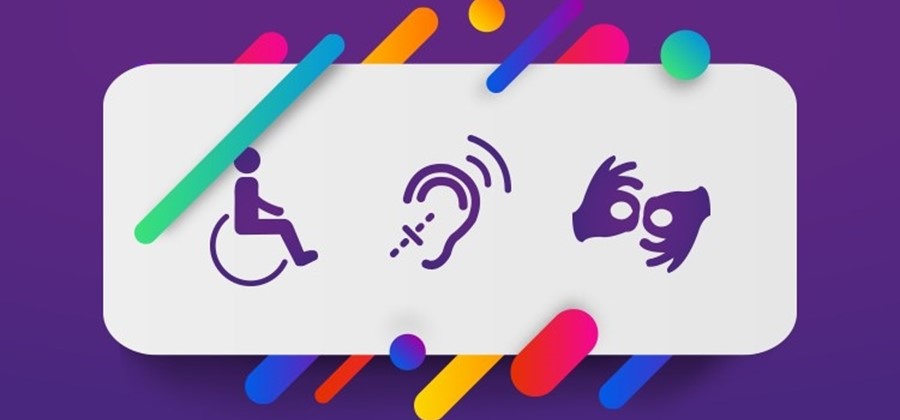How to increase job satisfaction
Recent research suggests that over the last few years’ employees (mainly in the private sector) are not engaging with the company they work …

Don’t only consider dietary needs within the registration process, also request additional information so that you can successfully accommodate your audience. Small and simple changes can make a big difference to the overall experience for disabled people. There are plenty of things you can do to make your event more enjoyable for people who use wheelchairs, have hearing or sight impairments, dyslexia or other learning requirements or disabilities.
These considerations include (but are not limited to…)
Some considerations may be difficult, for example dimming lights whilst doing a presentation is helpful for people with dyslexia as it reduces the glare but makes it more difficult for people with hearing impairments to see an interpreter or to lip read, therefore knowledge of your delegates requirements is key to creating the best environments.
For some events may strobe lights may be asked for, if this is the case ensure all of the guests are made aware in advance of the occasion as strobes can induce epileptic fits and migraines.
Cater to your audience the best you can, making the event as inclusive as possible. Be sure not to alienate or disadvantage any of your guests ensuring you don’t make mistakes for example, placing people in wheelchairs at the back for ease of access. This may make access easier but it could also be seen as offensive to wheelchair users.
If you are unsure of anything, it’s always best to ask. As event organisers we are happy to liaise with venues, other suppliers and delegates on your behalf. Having worked with organisations who are pioneering a ‘culture of inclusion’ we are aware of the consideration and planning that goes into an accessible event. What is more we believe that everyone is entitled to the same level of service, engagements and enjoyment and work hard to ensure we provide this.
If you are interested in working with us and our associates please get in touch, we would love to help.
If you’d like to speak to us about how we might be able to help you with your next project, call us on 01507 607783 or fill out this form and we’ll be in touch in a jiffy.
|
You should also read…
Recent research suggests that over the last few years’ employees (mainly in the private sector) are not engaging with the company they work …
We caught up with our Project Manager to see what she's been up to during Lockdown.
As part of the marketing you want to launch with a real bang.